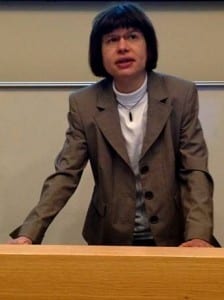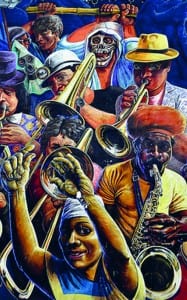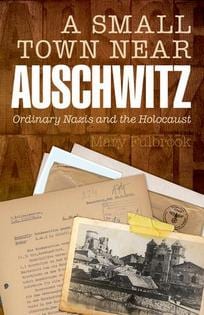Not ‘just’ a translation: Latin translation in Elizabethan England
By news editor, on 15 October 2013
![]() By Chris Stamatakis (UCL English Language & Literature)
By Chris Stamatakis (UCL English Language & Literature)
When is a translation more than just a translation? When might it become an imitation? What happens when translators adopt, transpose, and freely modify writing in one language as they turn it into another? How does a translator do more than merely convey the words or sense of the original, and instead recreate something of the style and elegance of that language?
Aficionados of Latin and the curious layman alike had a wonderful opportunity to grapple with these questions at a talk on Latin as a language of translation in Renaissance England, given at UCL on 10 October by Professor Gesine Manuwald, in the first of this year’s ‘Translation in History’ lectures.
An expert on Roman literature, Professor Manuwald, Head of UCL Greek and Latin , drew on her extensive interests in the reception and writing of Latin literature in England. In Elizabethan England, Prof. Manuwald explained, Latin was not only used as a literary language by English writers because it allowed them to reach a wider European audience (as Francis Bacon would prove); it also served as a language for developing fluency and stylistic elegance.
 Close
Close





